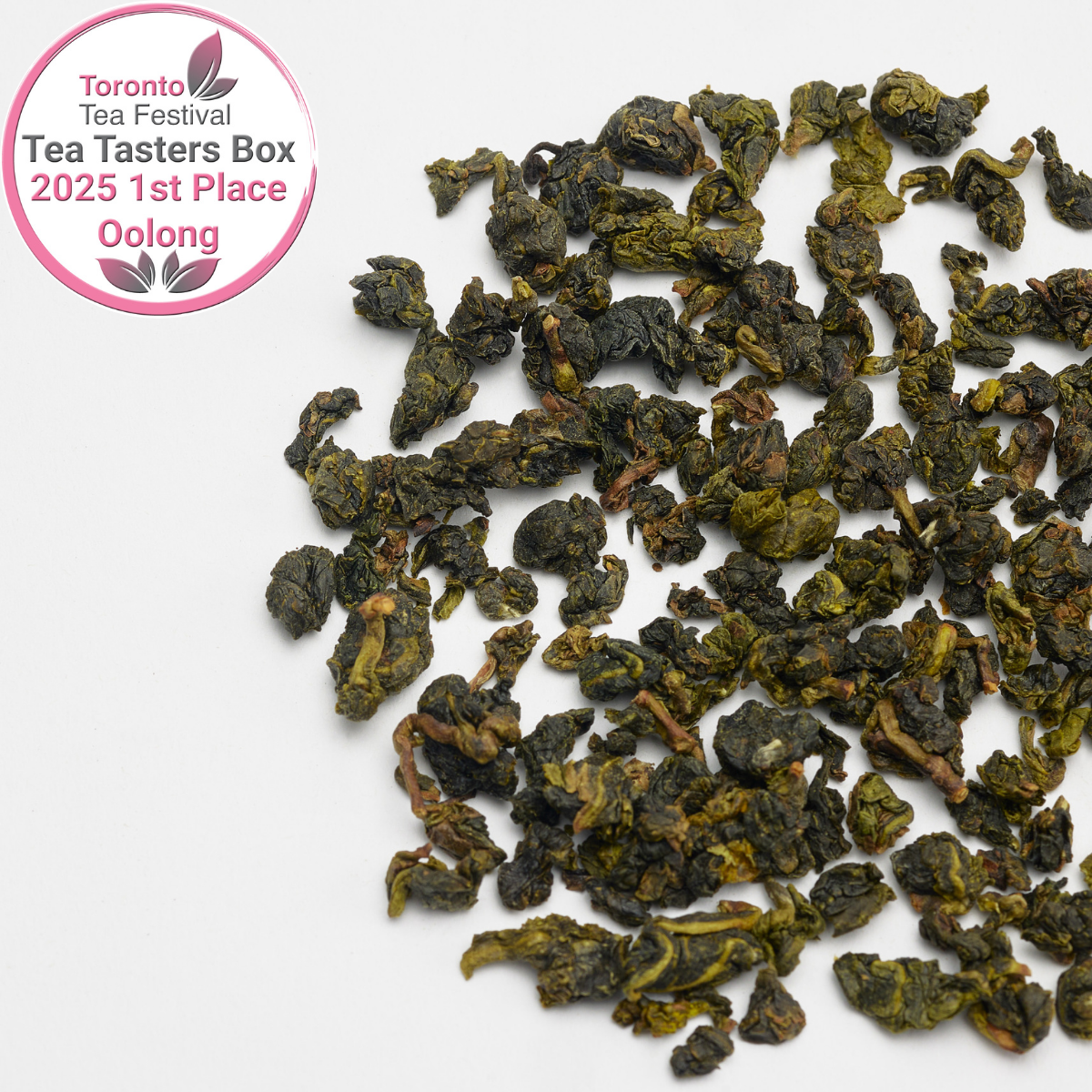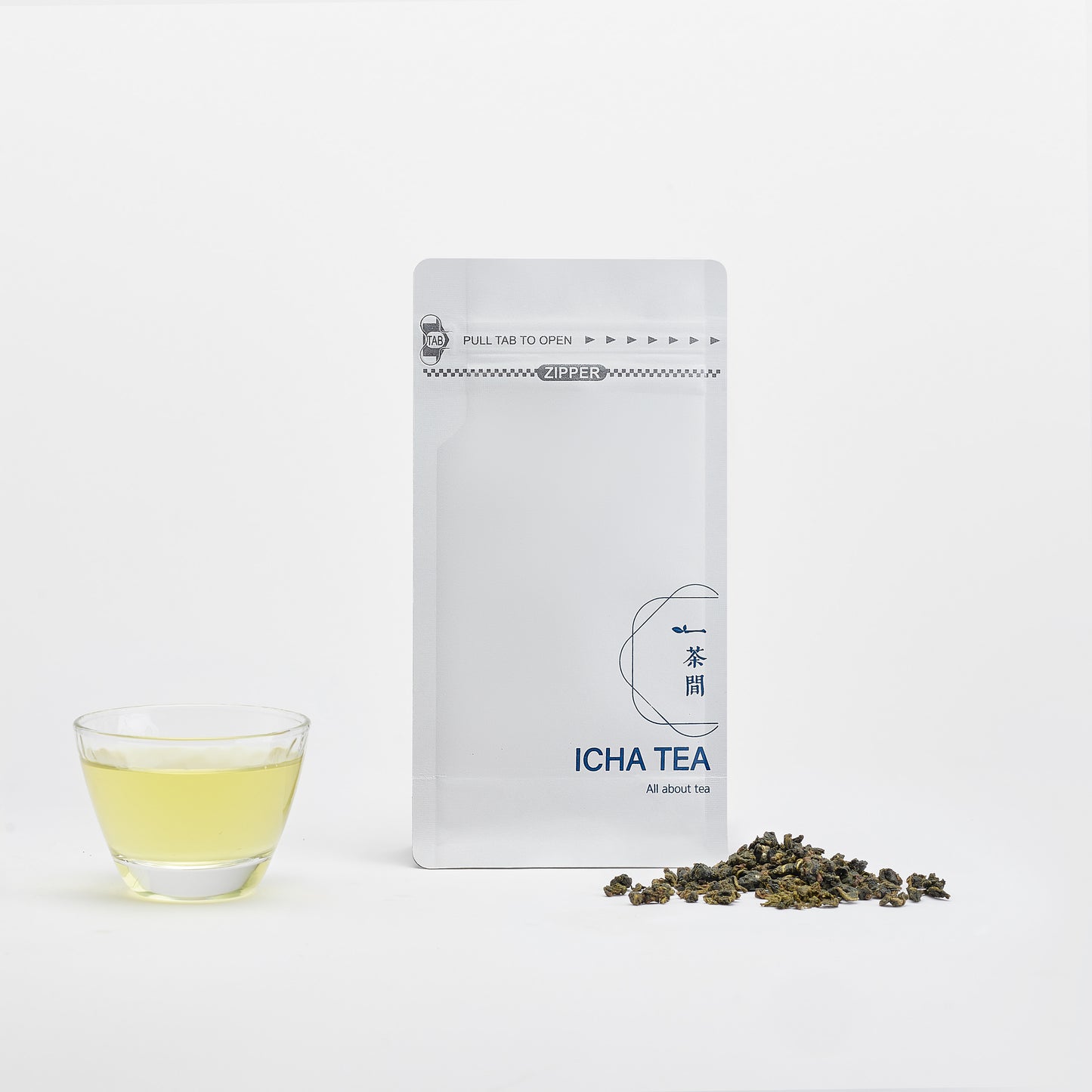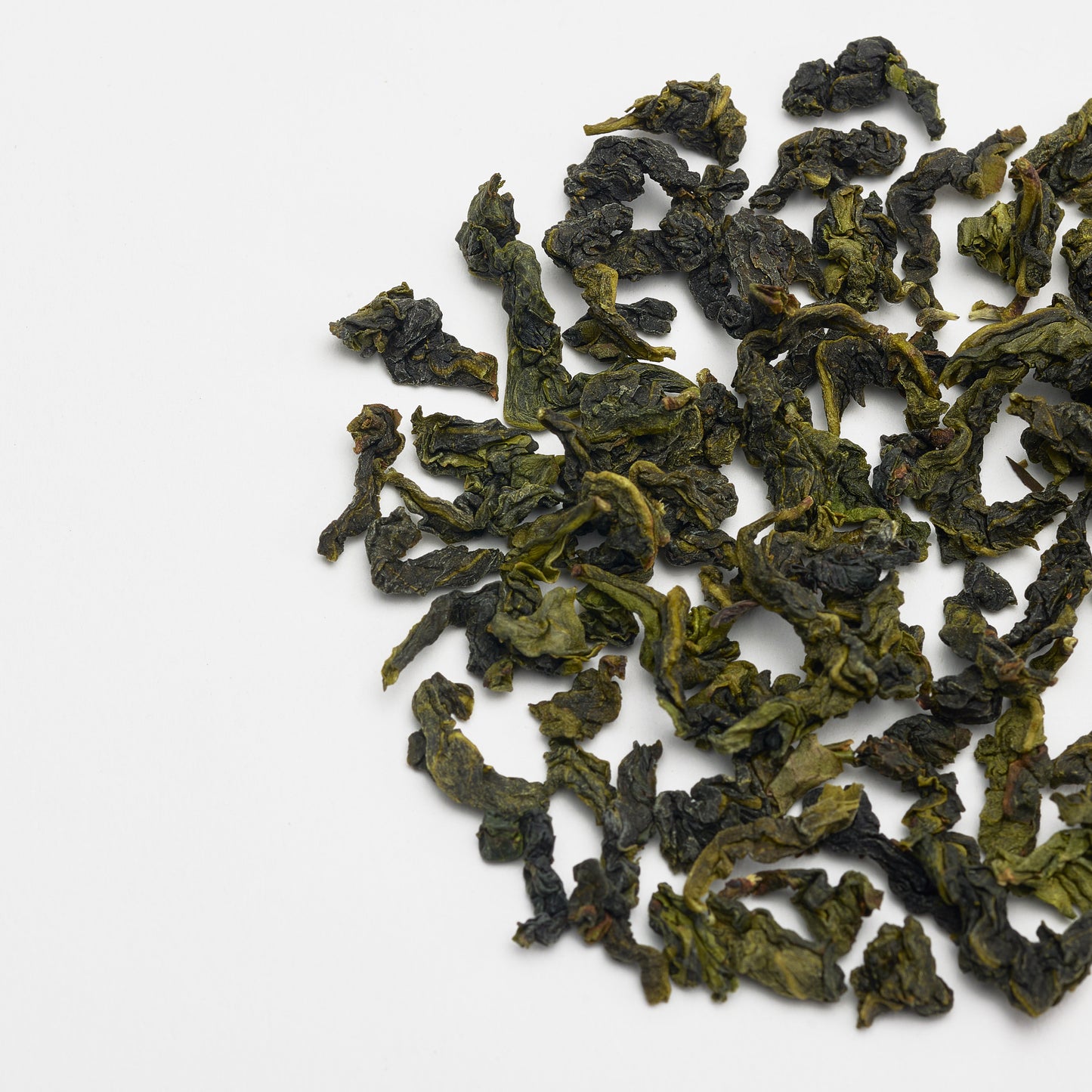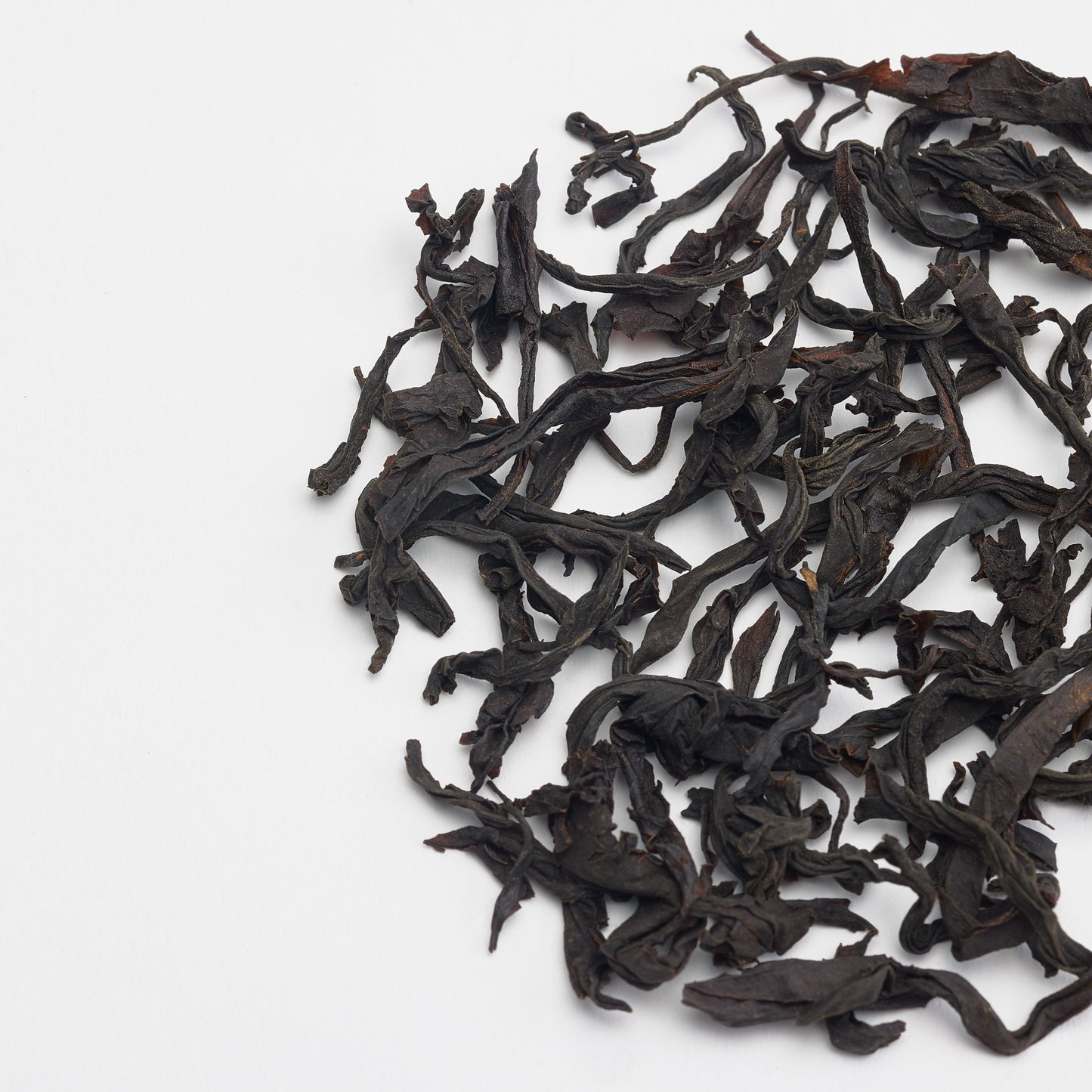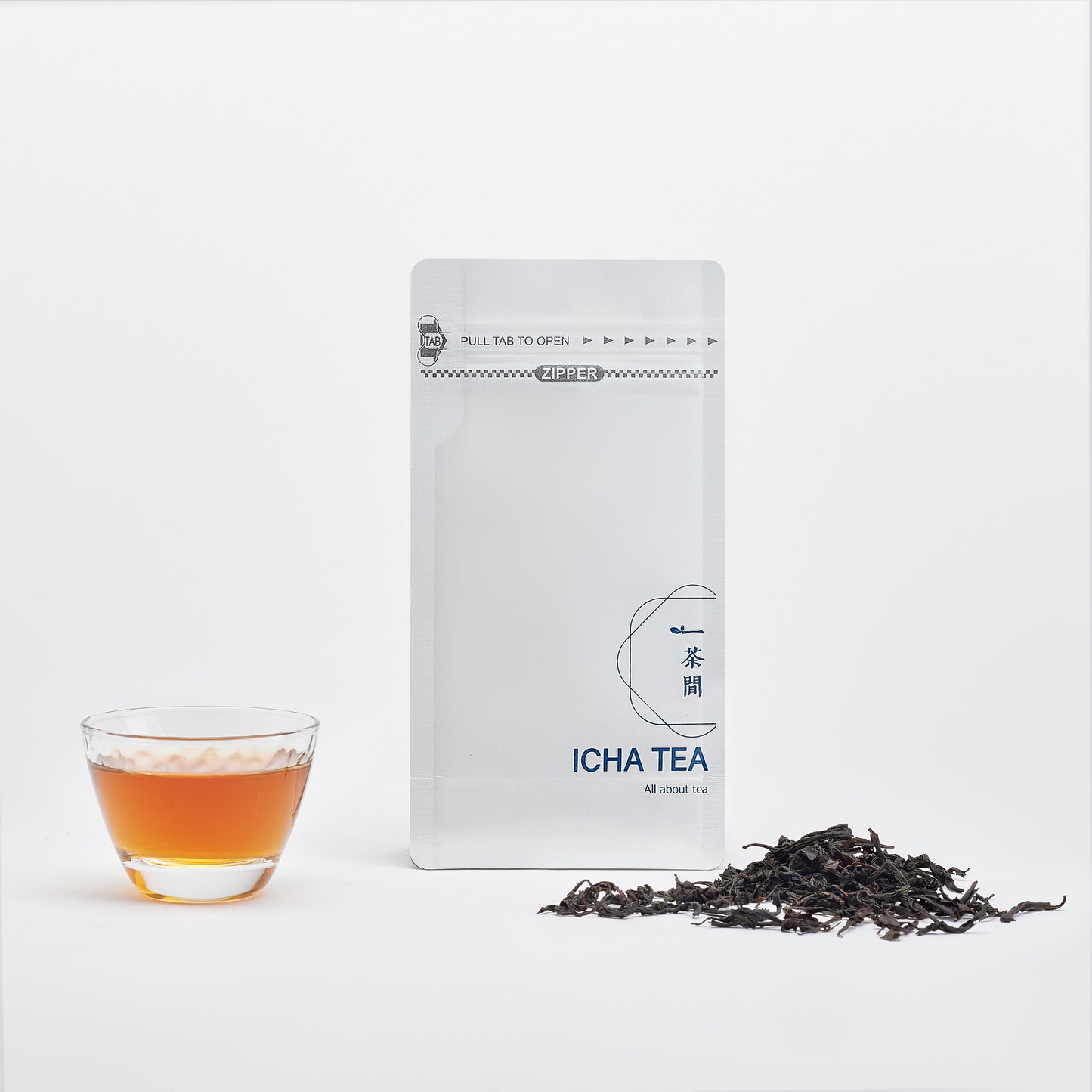Understanding the differences in caffeine content and effects between black tea and coffee helps make informed choices about daily consumption. While both beverages offer energy benefits, their caffeine content and effects vary significantly, impacting everything from morning routines to sleep quality.
Understanding Caffeine Levels
Coffee contains significantly more caffeine than black tea, with an 8-ounce cup of brewed coffee providing 95-200mg of caffeine compared to black tea's 14-70mg. These variations stem from numerous factors in the preparation process, including brewing method, water temperature, and bean or leaf quality.
Common brewing methods and their caffeine content:
- French press coffee: 80-100mg- Drip coffee: 95-200mg
- Espresso (1oz): 63-75mg
- Black tea (steeped): 14-70mg
- Cold brew tea: 24-48mg
Absorption and Effects
The body processes coffee and tea caffeine differently. Coffee provides rapid caffeine absorption, typically felt within 15-45 minutes, creating an immediate energy surge. This quick absorption often results in a more noticeable "coffee buzz" followed by a potential energy crash. In contrast, black tea offers a slower, more gradual release due to its L-theanine content, which moderates caffeine absorption.
Key effects of L-theanine in tea:
- Promotes calm alertness without jitters- Enhances focus and concentration
- Reduces stress response
- Improves cognitive performance
Health Considerations
The cardiovascular effects of these beverages differ notably. Coffee can cause a temporary spike in blood pressure, increasing systolic pressure by 3-4 points shortly after consumption. Black tea, however, demonstrates more gentle stimulation and may offer long-term cardiovascular benefits through its antioxidant properties.
Impact on different body systems:
- Sleep patterns: Coffee affects sleep for 8-14 hours, tea for 4-8 hours- Digestion: Coffee increases acid production, tea supports digestive health
- Hydration: Both contribute to daily fluid intake when consumed in moderation
- Mental clarity: Tea provides steady focus, coffee offers immediate alertness
Recent research has revealed more specific health implications for both beverages. Coffee consumption shows strong links to increased metabolic rate and fat oxidation, potentially supporting weight management efforts. However, its higher caffeine content may trigger anxiety in sensitive individuals or those with underlying conditions.
Black tea contains unique compounds called theaflavins and thearubigins that demonstrate promising effects on immune function. Studies indicate regular tea consumption may help reduce inflammation markers in the body and support overall immune system health.
Long-term consumption patterns show distinct differences:
Cardiovascular health:- Coffee may temporarily increase heart rate and blood pressure
- Black tea shows cumulative benefits for heart health
- Both improve blood flow and circulation
- Tea offers more consistent long-term benefits
Digestive impact:
- Coffee stimulates faster gastric emptying
- Tea supports beneficial gut bacteria
- Coffee may aggravate acid reflux
- Tea helps maintain digestive balance
When considering bone health, research suggests moderate coffee consumption might affect calcium absorption, while black tea contains compounds that may support bone density. Additionally, both beverages contain antioxidants that help combat cellular damage, though their specific antioxidant profiles differ significantly.
Making the Right Choice
The optimal choice between coffee and tea often depends on the time of day and individual needs. Morning consumption patterns benefit from understanding how each beverage affects energy levels. Coffee excels at providing the immediate alertness many need to start their day, delivering a pronounced energy boost that helps overcome morning grogginess. Black tea offers a gentler awakening, making it ideal for those who find coffee too intense or experience morning anxiety.
Afternoon beverage choices become particularly important as the day progresses. Black tea's moderate caffeine content and the presence of L-theanine make it an excellent afternoon option, providing sustained focus without risking evening sleep quality. Coffee consumed later in the day may overstimulate, potentially affecting sleep patterns several hours later. Many professionals find switching from coffee to tea after lunch helps maintain productivity while ensuring better rest.
Optimal Consumption Guidelines
Understanding proper consumption patterns helps maximize benefits while minimizing potential negative effects. For coffee, most health organizations recommend limiting intake to 400mg of caffeine daily, equivalent to about 4-5 cups of regular brewed coffee. Black tea's lower caffeine content allows for more flexible consumption, with 6-8 cups generally considered safe for most adults.
Timing plays a crucial role in optimizing these beverages' benefits. Morning hours represent the ideal time for either drink, aligning with natural cortisol rhythms. As the day progresses, transitioning to black tea helps maintain energy while reducing the risk of sleep disruption. Those sensitive to caffeine should establish a cutoff time, typically around 2 PM for coffee and 4 PM for tea. Those extremely sensitive need to figure out their own personal preference. Some people have early cut off times like 11am or noon.
Negative Signs
Long-term consumption patterns often benefit from mindful observation of how each beverage affects individual energy levels, mood, and sleep quality. Signs of overconsumption may include jitters, anxiety, sleep disturbances, or digestive issues. These symptoms often emerge gradually, making it important to regularly assess and adjust consumption habits.
Best of Both Worlds
Both coffee and black tea can form part of a healthy daily routine when consumed thoughtfully. Many people find success in a hybrid approach, using coffee's robust energy boost in the morning while relying on tea's steady support throughout the afternoon. This strategy maximizes the unique benefits of each beverage while minimizing potential drawbacks, creating an optimal balance for sustained energy and productivity throughout the day.

